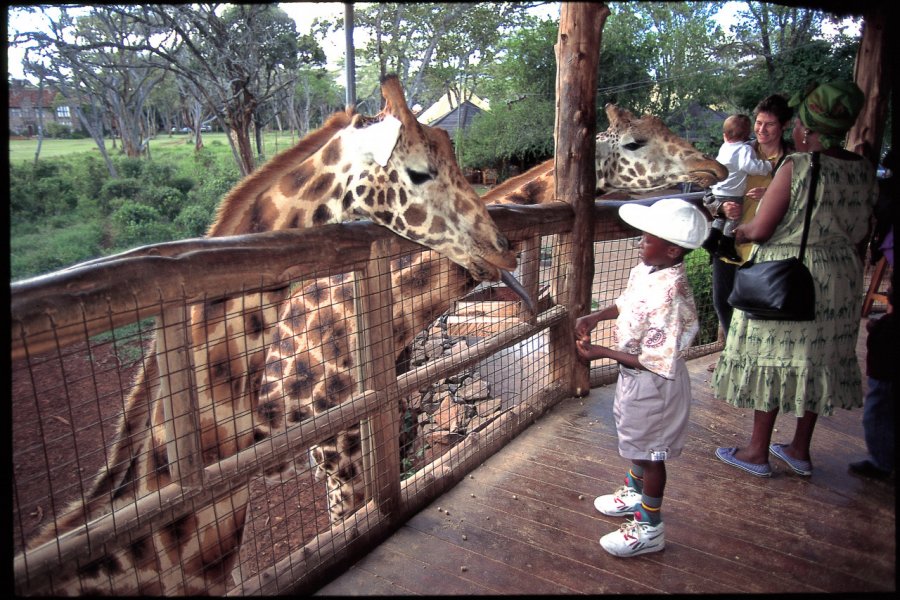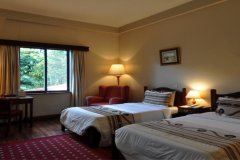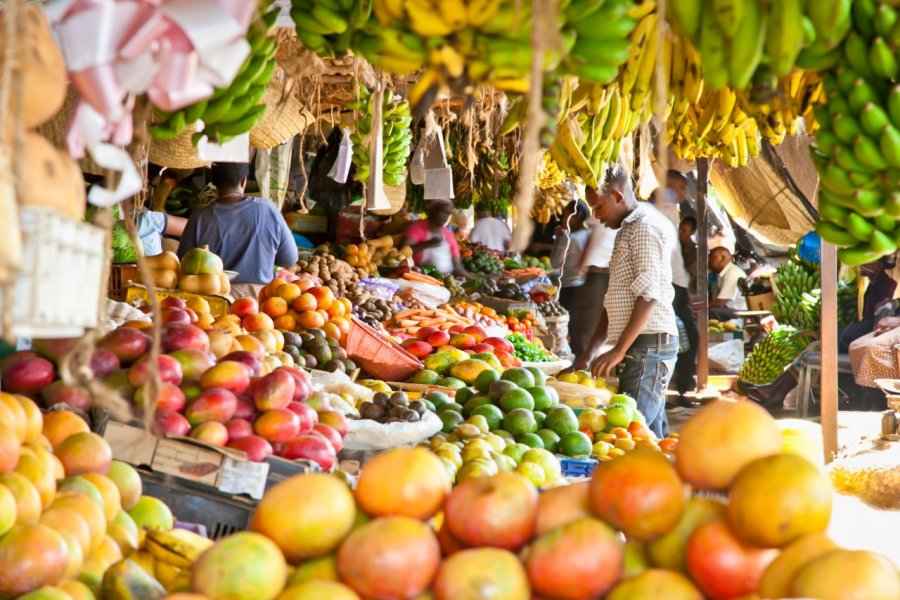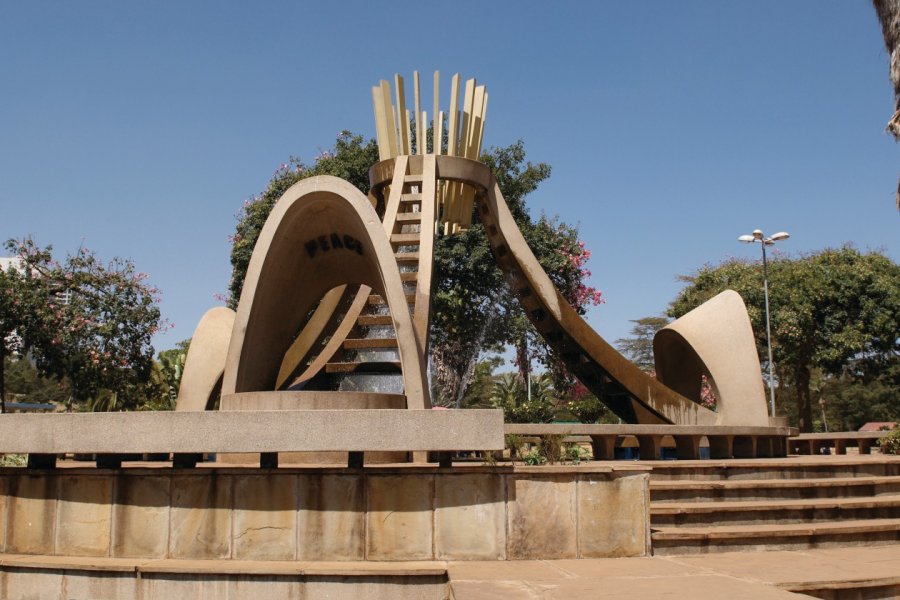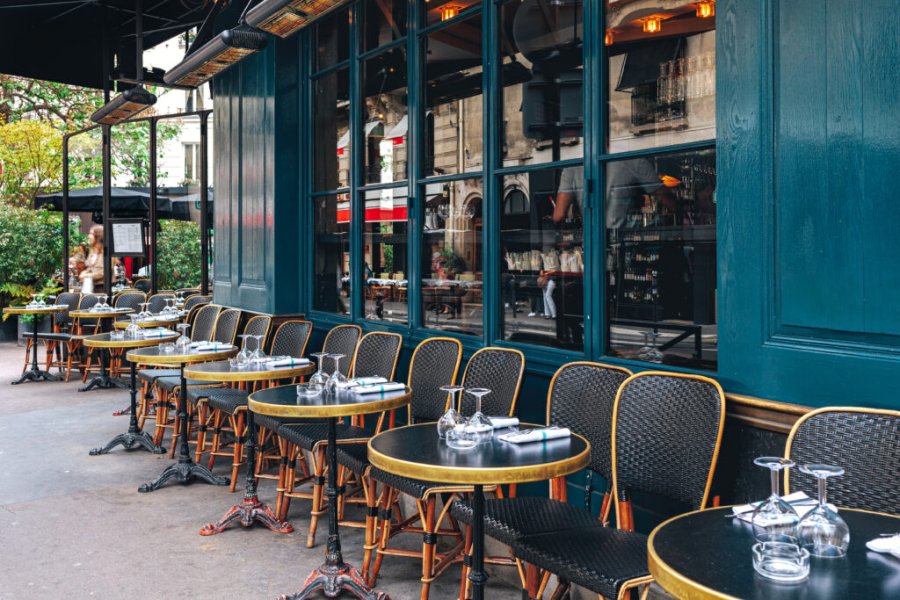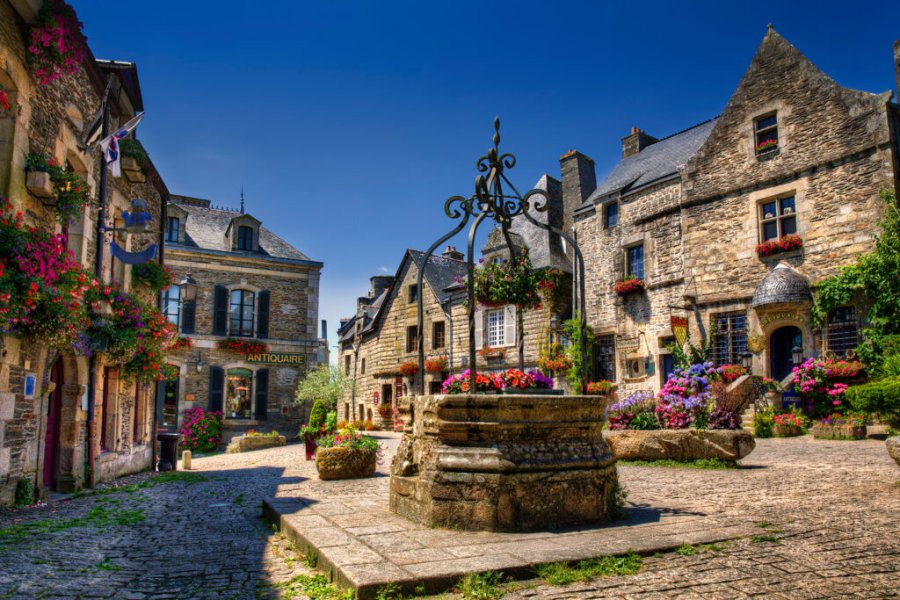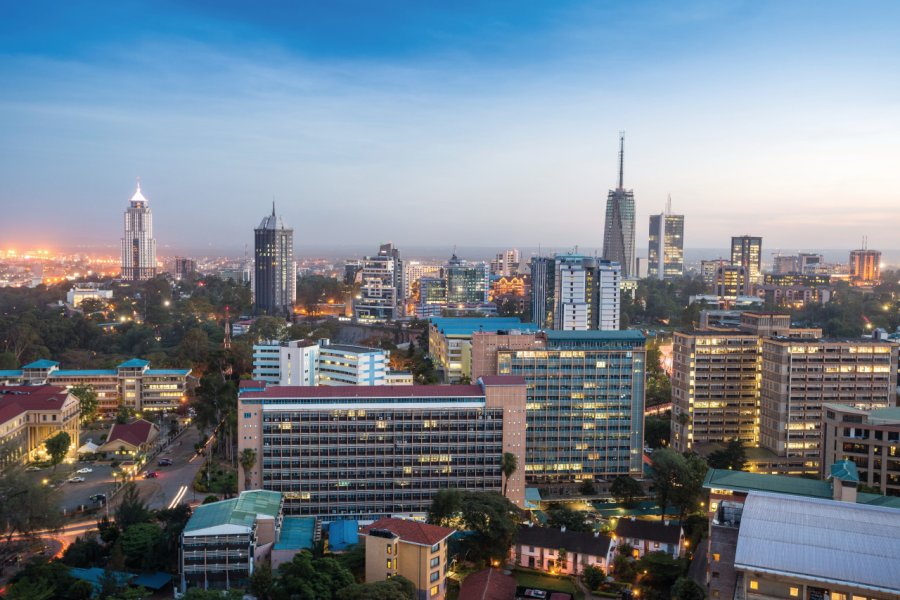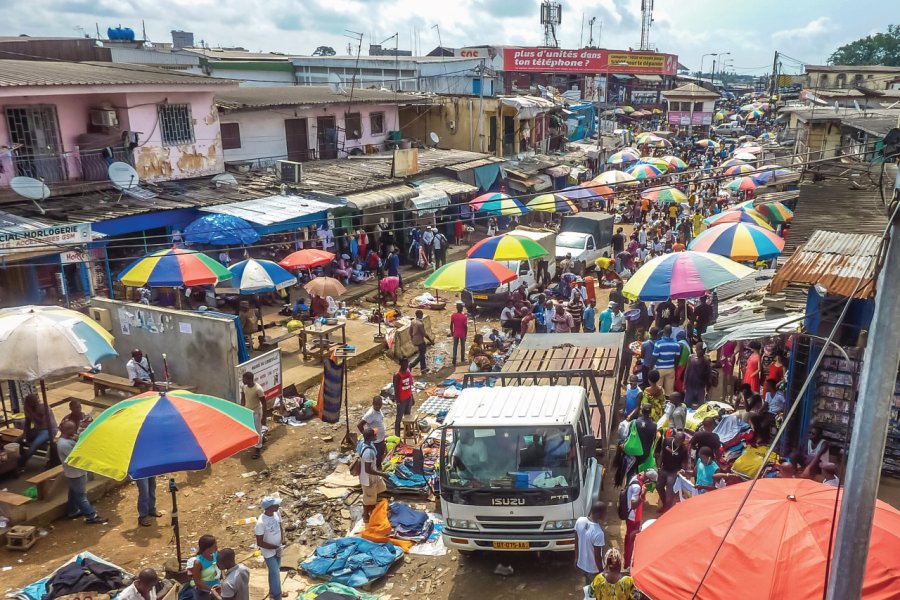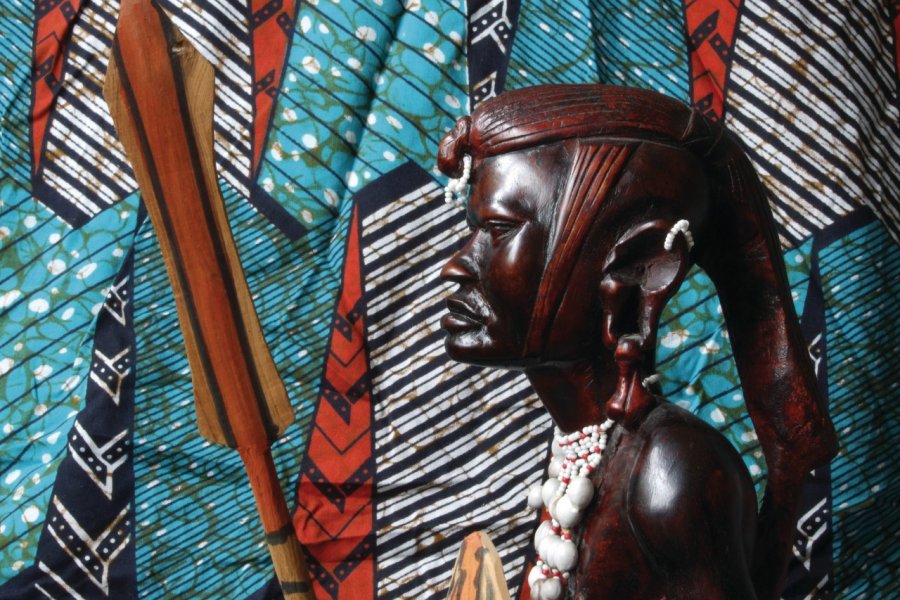Travel Guide Nairobi
Perched between 1,700 m and 1,800 m above sea level, Nairobi, the capital of Kenya, is a destination just 150 km from the equator. Before it took its place, at the beginning of the last century, Mombasa was the capital. But the Uganda/Kenya railway line had just reached Nairobi, trade and business would move north and Nairobi rose in rank. On another level, Nairobi has the pretty track record of being the capital with the greatest variety of birds in the world. Within the city itself, there is a beautiful and remarkable botanical garden and a national park named after him. The headquarters of the United Nations Environment Programme (UNEP) is in Nairobi. This shows that the environment plays an important role. The capital is not only the starting point for magnificent safaris to the mountain and savannah national parks. In Nairobi itself, you can visit and support the David Sheldrick Elephant Orphanage, to be combined with the discovery of the Giraffe Centre and the Karen Blixen Farm Museum. Take a guide for a historical tour in the city or a shopping trip to the Masai market. Don't miss the Railway Museum, or the emblematic National Museum next to Snake Park where boas spitters, mambas and a 7 m long python evolve... And don't forget to bring your tour guide with you!
What to visit Nairobi?
Suggested addresses Nairobi
When to go to Nairobi?
When to go to Nairobi? The best periods to go to Kenya and to Nairobi in particular are January and February on the one hand, and August and September on the other. Specifically, the periods to avoid are those of the two rainy seasons. The main rainy season is in April and June, the short rainy season in November and December. Some tracks, even some paved roads, are then difficult to pass and make visits to parks or villages uncertain. The wild animals are then more difficult to observe.
Weather at the moment
The climate of Nairobi is tropical, close to an equatorial climate but tempered by altitude, with cool mornings that can become cold during the rainy seasons. Nairobi has two rainy seasons, one between April and June, the other in November and December. Temperatures vary on average from 12 to 24°C in Nairobi, with an annual average of more than 20°C. If you go camping on the heights, be aware that the nights can be cold.
The local currency is the Kenyan shilling (Ksh), however hotels and local travel agencies also accept dollars and euros. Long reserved for wealthy tourists, Kenya has become more affordable, even if this destination is not the most economical on the market. However, safaris and luxury stays are always possible. Be aware that in off-peak periods, from April to June and in November, many hotels lower their prices. Tipping is mandatory.
EU nationals must pay a tourist visa (€50) for a stay of less than three months. Please note that the visa is free for children under 16 years of age accompanied by their parents. Visas can be obtained at the Kenyan Embassy in Paris, online on the eCitizen platform or upon arrival at Nairobi or Mombasa airport.
The yellow fever vaccine is required to enter Kenya and stay in Nairobi. A certificate can be requested from customs. Malaria is very common below 2,000 m asl, so in Nairobi, even if the situation is better than in the plains, especially during the rainy season. Running water is not drinkable in Kenya, drink only bottled or boiled water. And of course, protect yourself from the sun like mosquitoes.
Practical information
- When to travel?
- Weather forecast
- Budget
- Formalities
- Health
- How to travel by yourself?
- How to get organized?
- Getting around
Media
How to go to Nairobi? Our advice & tips
Safaris in the Maasai Mara, Amboseli, Tsavo or Lake Naivasha reserves are on the menu of all travel agencies. It is the means of transportation that differs from one safari to another, in 4x4, on foot, on horseback, on motorcycle or even in a hot air balloon. Accommodation during the safaris is in camps, or even lodge in the reserves or near them. Many agencies also offer to conclude the trip with a stay on the beaches of the Indian Ocean, in Mombasa or Nairobi.
Discover our selection of travel agencies for this destinationThere are direct flights from Europe to Nairobi and Mombasa. The two cities are linked by several daily flights. The capital is 440 km away from Mombasa by the A109 road, crossing the Tsavo Natural Park. A railroad also connects Nairobi and Mombasa. Please note that it is not allowed to enter the national parks without a guide for safety and environmental reasons, so you will always have to go through a local agency, big or small. Solo, of course, you will be able to get more off the beaten track. Generally, an organized safari for one or two people is much more expensive than a group safari.
Attention: in Kenya we drive on the left! It is easy to get around in the south of the country by public transport. Buses are generally reliable, comfortable and punctual. The road network is quite dense even if the roads are sometimes similar to tracks, which is a problem during the rainy season. The train connects Mombasa and Nairobi. The two cities are also connected by air.
Nairobi travel inspiration
Find unique Stay Offers with our Partners
Pictures and images Nairobi
Discover Nairobi
When to go to Nairobi? The best periods to go to Kenya and to Nairobi in particular are January and February on the o...
Read more about it
The climate of Nairobi is tropical, close to an equatorial climate but tempered by altitude, with cool mornings that...
Read more about it
The local currency is the Kenyan shilling (Ksh), however hotels and local travel agencies also accept dollars and eur...
Read more about it
EU nationals must pay a tourist visa (€50) for a stay of less than three months. Please note that the visa is free...
Read more about it
The yellow fever vaccine is required to enter Kenya and stay in Nairobi. A certificate can be requested from customs....
Read more about it
There are direct flights from Europe to Nairobi and Mombasa. The two cities are linked by several daily flights. The...
Read more about it
Safaris in the Maasai Mara, Amboseli, Tsavo or Lake Naivasha reserves are on the menu of all travel agencies. It is t...
Read more about it
Attention: in Kenya we drive on the left! It is easy to get around in the south of the country by public transport. B...
Read more about it

